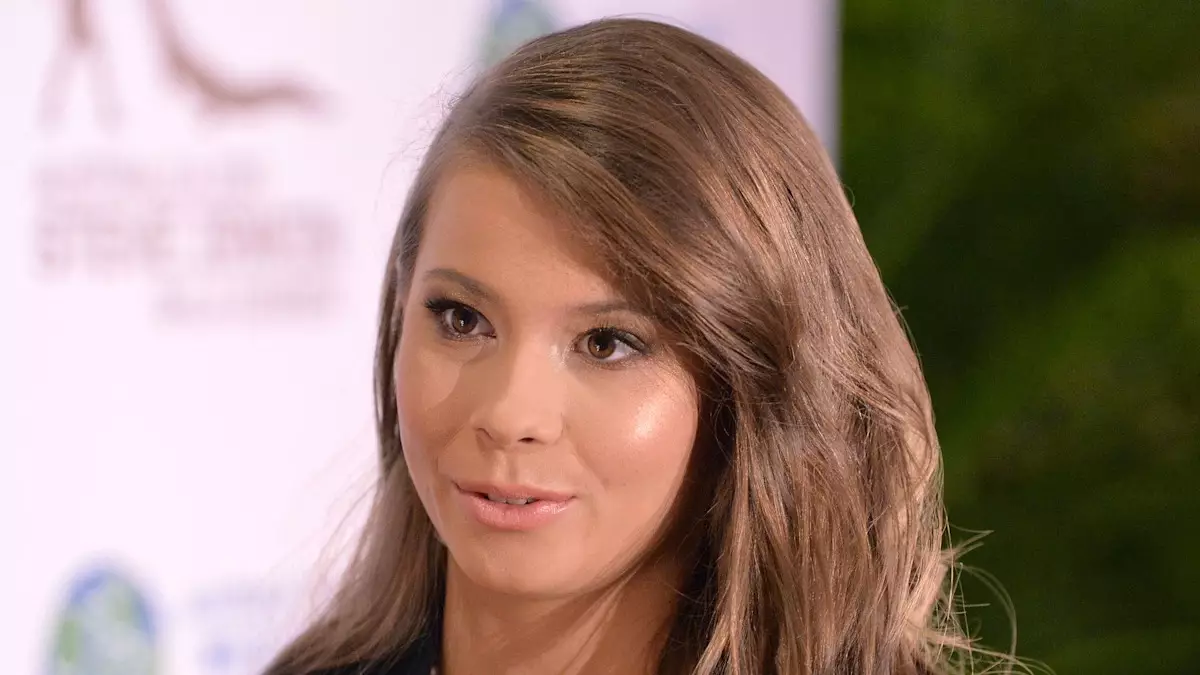Bindi Irwin, a well-known wildlife conservationist and the daughter of the legendary Steve Irwin, has recently revealed the profound personal battle she has waged against endometriosis for the last ten years. Speaking candidly on the podcast “A Life of Greatness,” Bindi opened the door to her private struggle, characterized by relentless pain and a range of debilitating symptoms that are often overshadowed by societal misconceptions about women’s health. Her decision to speak out serves not only to raise awareness but also highlights her resilience in the face of a condition that affects millions of women worldwide.
For a decade, Bindi experienced an array of crippling symptoms, including extreme fatigue, persistent pain, nausea, anxiety, and despair. She described her experience as feeling almost invisible, advising listeners that many might have mistaken her for “incredibly flaky” due to her frequent illnesses. This resonated with the unfortunate reality many face: the stigma around chronic conditions, particularly those related to women’s health often leads to misunderstanding and isolation. The constant struggle to maintain a semblance of normalcy while battling debilitating symptoms is not just a personal journey, but a collective experience shared by countless others suffering in silence.
Bindi’s medical journey was fraught with frustration. After undergoing extensive tests—ranging from CT scans to MRIs and bloodwork for a multitude of tropical diseases—she was met with dismissive attitudes, where doctors frequently chalked her symptoms up to “just being a woman.” This propensity in the medical community to normalize women’s pain not only delayed her diagnosis but added layers of emotional distress. Finally, after years of agony and uncertainty, she was diagnosed with endometriosis, a condition with far-reaching implications that still lacks sufficient public discourse.
Endometriosis is a chronic disorder where tissue, similar to the lining inside the uterus, begins to grow outside of it, often leading to painful menstrual cycles, infertility, and other serious complications. According to the Mayo Clinic, it’s a significant health issue that remains under-discussed despite affecting an estimated 10% of women in their reproductive years. Bindi articulated the larger problem—many individuals battle this debilitating condition without adequate support systems or knowledge. Her story underscores the critical need for enhanced medical training regarding endometriosis and better awareness within society to validate and support those suffering from it.
In her journey, Bindi credits her family, particularly her mother, husband, and brother, for their unwavering support during her darkest moments. She acknowledges the privilege of having such a strong support system, contrasting her experience with those who may lack this critical backing. Many individuals face their health battles alone, turning to the medical system that too often fails to provide the care and empathy that is vital for true healing. Observable in countless cases, this isolation can amplify feelings of anxiety and depression, making the journey toward diagnosis and treatment all the more daunting.
The birth of her daughter, Grace, proved to be a pivotal moment for Bindi. The responsibilities of motherhood ignited a fierce desire within her to reclaim her health. She recognized that her own struggles could potentially affect her ability to be the mother she aspired to be, which propelled her to seek the medical assistance she desperately needed. This sentiment resonates with many parents facing chronic conditions; the drive to provide for and nurture a child can serve as an awakening, urging individuals to address their own health needs.
While Bindi understands that endometriosis presently has no cure, she expresses optimism regarding the significant improvements following surgery, providing her with a renewed lease on life. Acknowledging the precarious balance between hope and reality, she embodies a spirit of resilience, urging others to advocate for themselves and seek the help they deserve. Bindi Irwin’s story should serve as a clarion call for increased awareness and understanding of endometriosis while encouraging others battling similar conditions to seek support, knowing they are not alone.

